- The Need for Research in Medicine
- Required and Opt-in Curriculum
- At a Glance
- What exactly will I learn?
- Meet the Research Team
- Current Projects
- FAQs
- IRB
The Need for Research in Medicine
*These pages will be updated soon with curriculum changes. For questions, please contact Christina Small at casmall@noordacom.org
Research is central to medical education because it develops students’ critical evaluation skills and helps them make evidence-based decisions. Research also fosters a deeper understanding of medical concepts, encouraging lifelong learning and a holistic perspective on healthcare.
Additionally, involvement in research enhances a student’s competitiveness and improves their CV (resume) and residency application (ERAS). Thus, at Noorda-COM, research begins during a student’s first year.
Required and Opt-in Curriculum
REQUIRED PARTICIPATION
Research Foundations (required all four years)
A series of required courses that teach the basics of clinical research and board-relevant research skills. (Research Foundations coursework decreases in intensity during a student’s third and fourth year because of rotations.)
Research mentorships: Students execute research projects in a faculty member’s lab and receive guidance from their mentor on research foundations coursework. (A mentor “match” event is held at the beginning of the first year.)
Assignments and annual events (required all four years)
Required, culminating events that combine Research Foundations course and lab work, including our annual case study event and Noorda-COM Research Symposium.
OPTIONAL
Research track: Students may participate in research track for further research opportunities and distinction. This includes a research internship, journal club, and discipline-based research elective courses. Research Track begins the summer after first year.
Research electives (optional for third and fourth-years enrolled in the research track): These courses provide students with advanced training, preparing them to be clinician-scientists in their targeted specialty.
Journal Club: A club that teaches students how to read, interpret, and apply scientific literature. (Journal Club attendance is mandatory for all research track students but also highly encouraged for non-research track students.)
External opportunities: Voluntary opportunities for students to join external research groups or present their research, abstracts, or posters nationwide. (Funds will be provided for students to attend local, regional, national, or international meetings as outlined in the Application for Noorda-COM Student Research Presentation Travel Funding.)
Looking for more? Read through our Student Research Handbook for in-depth descriptions of required (and optional) research curriculum.
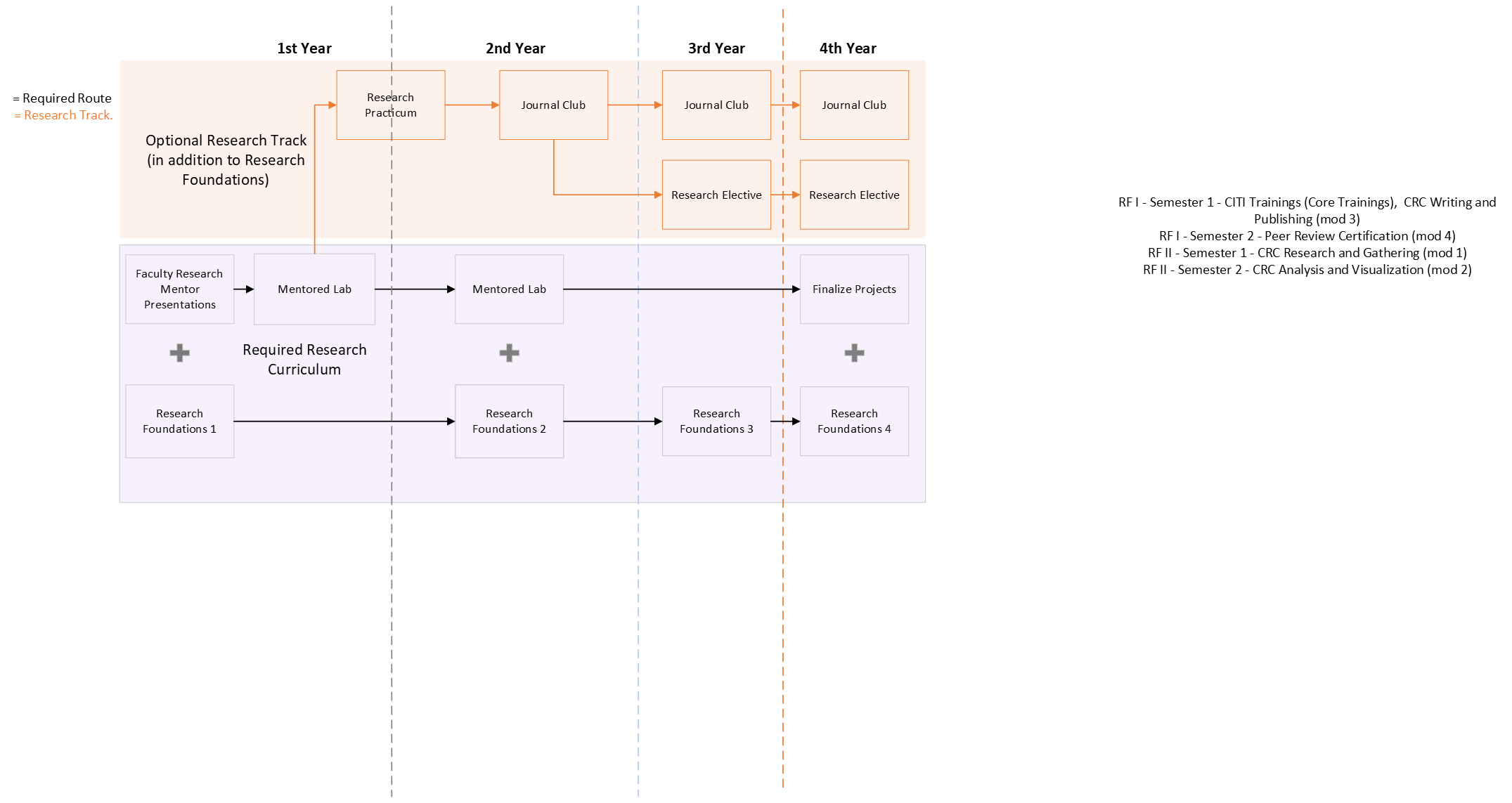
What exactly will I learn?
Over four years, our students will receive experience in literature reviews, research methodologies, data collection, data analysis, and lab work; technical writing, abstract creation, grant writing, and research presentation. These curricular and lab experiences will help them graduate with “start to finish” research skills, including their name on published, scholarly research articles!
At Noorda-COM, we prioritize early-on research experiences because they bolster a student’s CV (resume) and residency application (ERAS) and prepare them to contribute to the advancement of medicine actively.
Looking for more? Read through our Student Research Handbook for in-depth descriptions of required (and optional) research curriculum.
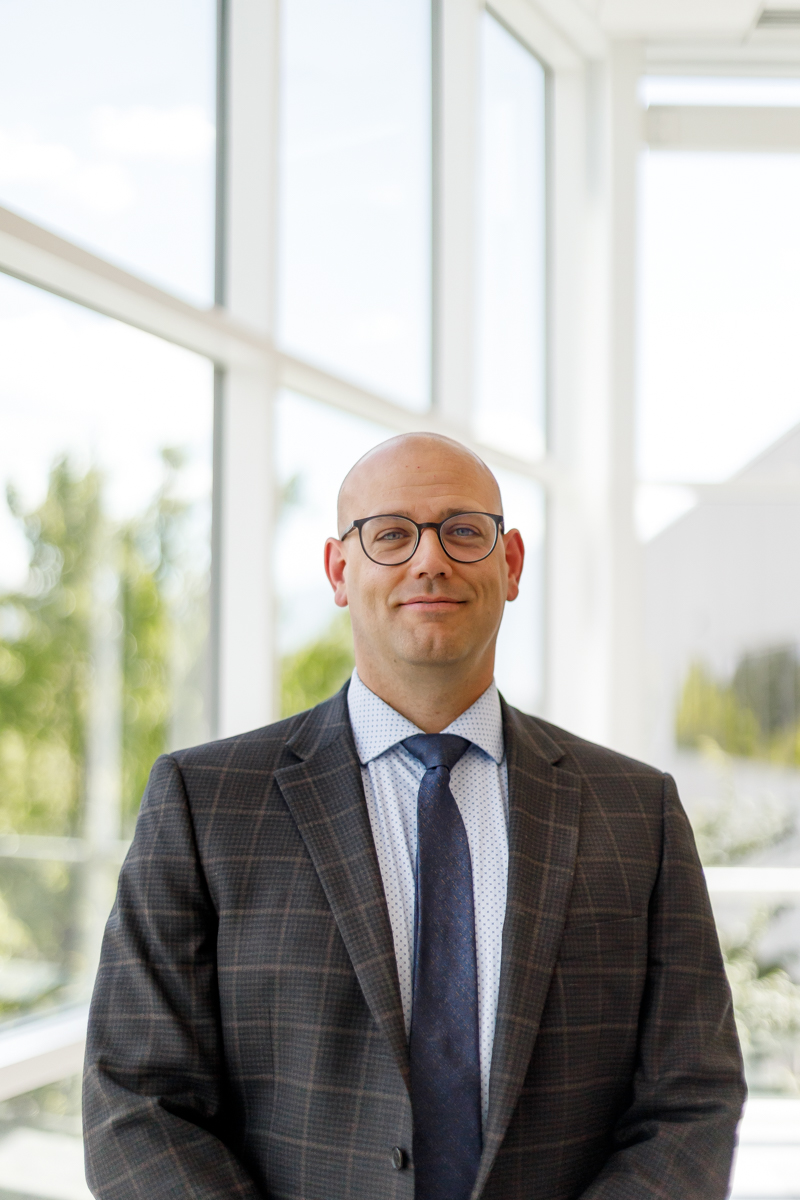
Kyle Bills, DC, PhD
Associate Dean of ResearchDr. Bills is a researcher, clinician, inventor, and published author. He holds a Ph.D. in Neuroscience from Brigham Young University in Provo and a D.C. from Parker University in Dallas. He completed a post-doctoral fellowship at Brigham Young University, funded by the NCCIH division of the National Instituted of Health and an internship at the Dallas VA Medical Center. His clinical and research work focus on chronic migraine, traumatic brain injury, opioid-use disorder, and artificial intelligence. Dr. Bills is certified in manipulation under anesthesia, is an Industrial Disability Evaluator, a Qualified Medical Evaluator, and has served as a subject matter expert for both the State of California and Utah in Physical Medicine and Chiropractic. Dr. Bills works regularly as an expert witness in legal cases involving neurotrauma. Dr. Bills holds affiliate and adjunct faculty appointments in the Department of Psychology at BYU, Clinical Neuroscience at Parker University, Neuroscience in the College of Medicine at Roseman University, and Research at Rocky Mountain University. He has taught and developed courses in physiology, neuroanatomy, neurobiology, neurology, sensorimotor integration, and manual medicine.
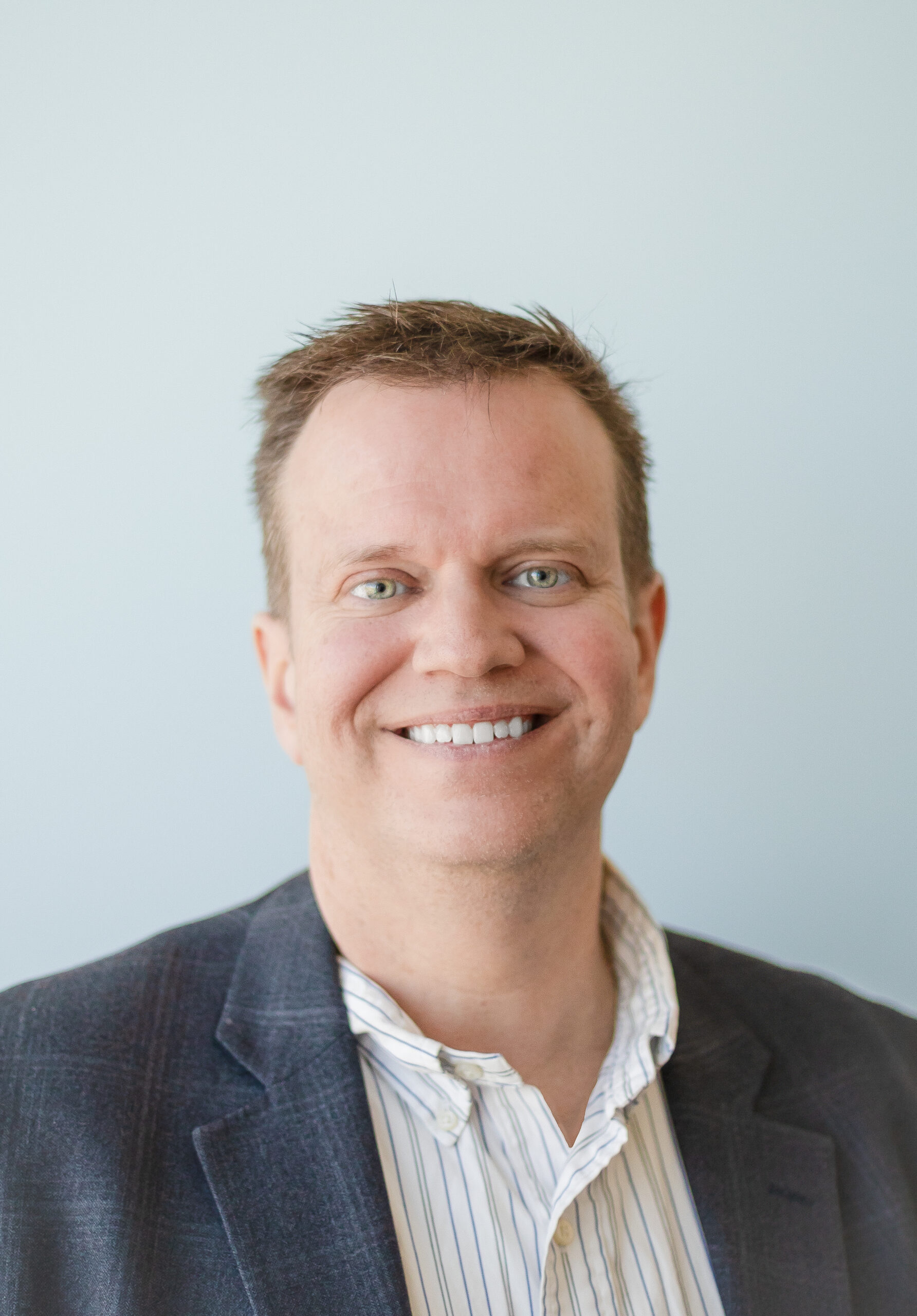
John A. Kriak, PharmD
Sr. Director, Biomedical Research & Sponsored Programs; Assoc. Prof., PharmacologyDr. Kriak’s laboratory focuses on the integration of Pharmacogenomics and AI technology in conjunction with existing patient data to improve medication response rates and treatment outcomes. We also focus on addressing existing gaps in healthcare data utilization and ways to facilitate better healthcare delivery.
Email:jakriak@noordacom.org
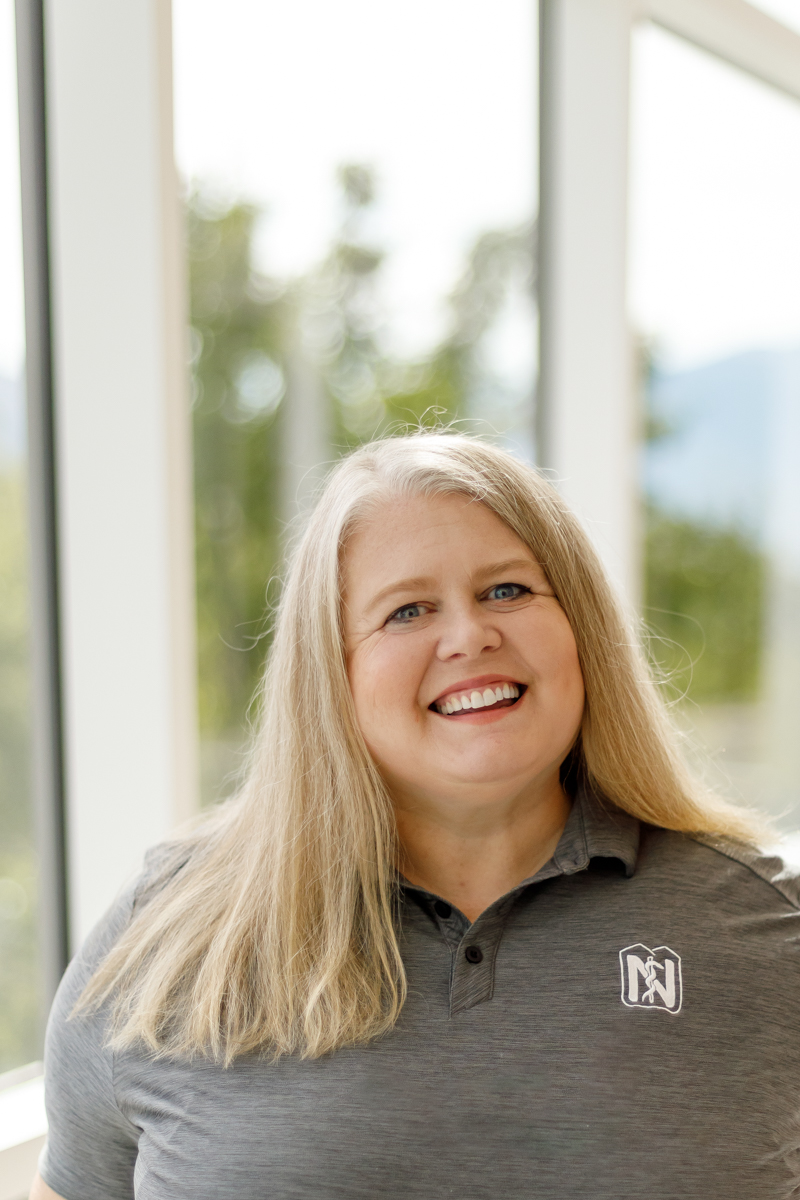
Analane Powell
Senior Administrative AssistantAnalane Powell is a graduate of Utah Valley University and is the Noorda-COM Senior Administrative Assistant to Academic Affairs and the Department of Research. Ms. Powell has over 25 years of experience as an administrative assistant and has spent most of her career in higher education. Ms. Powell was recognized nationally when she received the 2022 All-Star Hall of Fame Award from Office Ninjas’ for being one of the five highest performing administrative assistants in the United States.
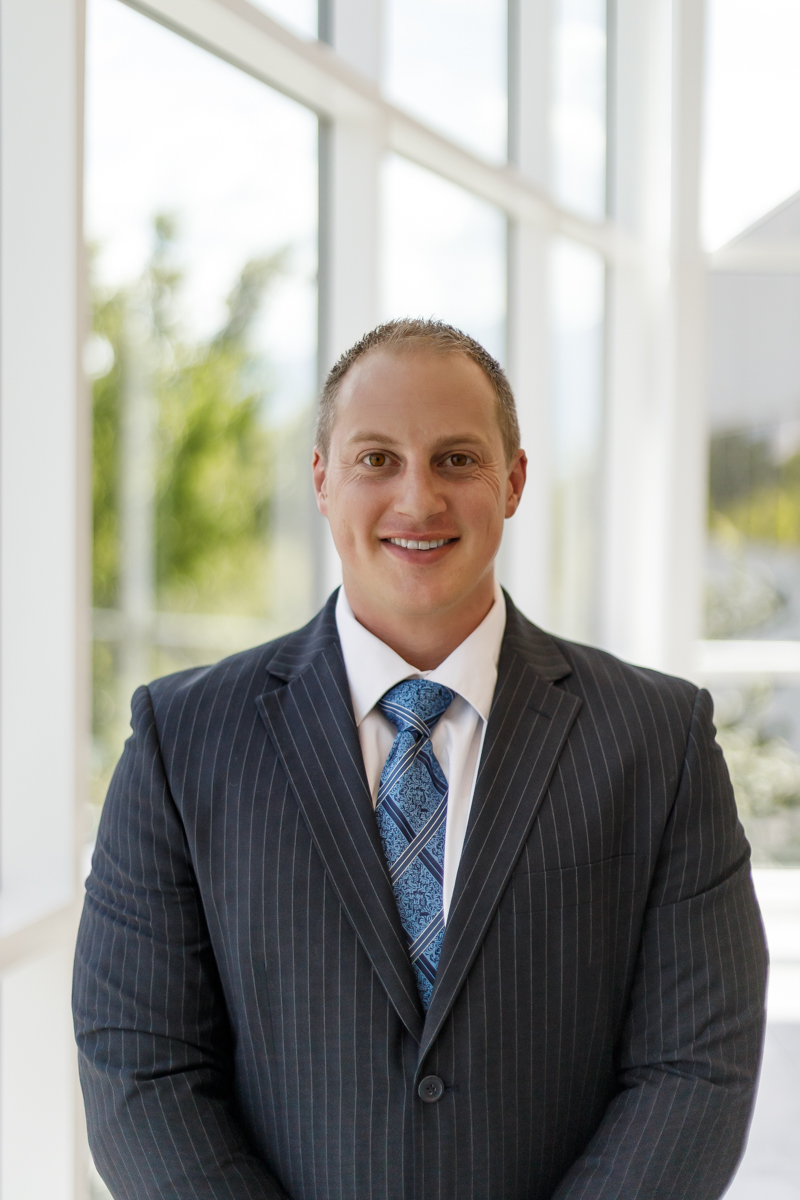
David Sant, PhD
Faculty of Research - BiostatisticianThe Sant lab works in the lab primarily on genetics and epigenetics. Vitamin C is an important cofactor for specific enzymatic reactions necessary to change epigenetic marks on DNA, and high glucose levels in diabetes cause a disruption of vitamin C levels in specific tissues. One of our main projects involves extracting DNA from various tissues and comparing the levels of certain epigenetic marks between healthy and diabetic animals. A second project in conjunction with the Bills lab and involves investigating genetic variation in individuals with chronic intractable migraines. We have observed an excess of metabolic abnormalities in individuals with chronic migraines, and it appears to be more common among families than in the general population, indicating a genetic influence. We have been meeting with individuals to take pedigrees and determine how strong the genetic influence may be. Future directions will include sequencing DNA to determine if mutations in specific pathways are more prevalent in individuals with chronic migraines than in the general population.
Email:dwsant@noordacom.org
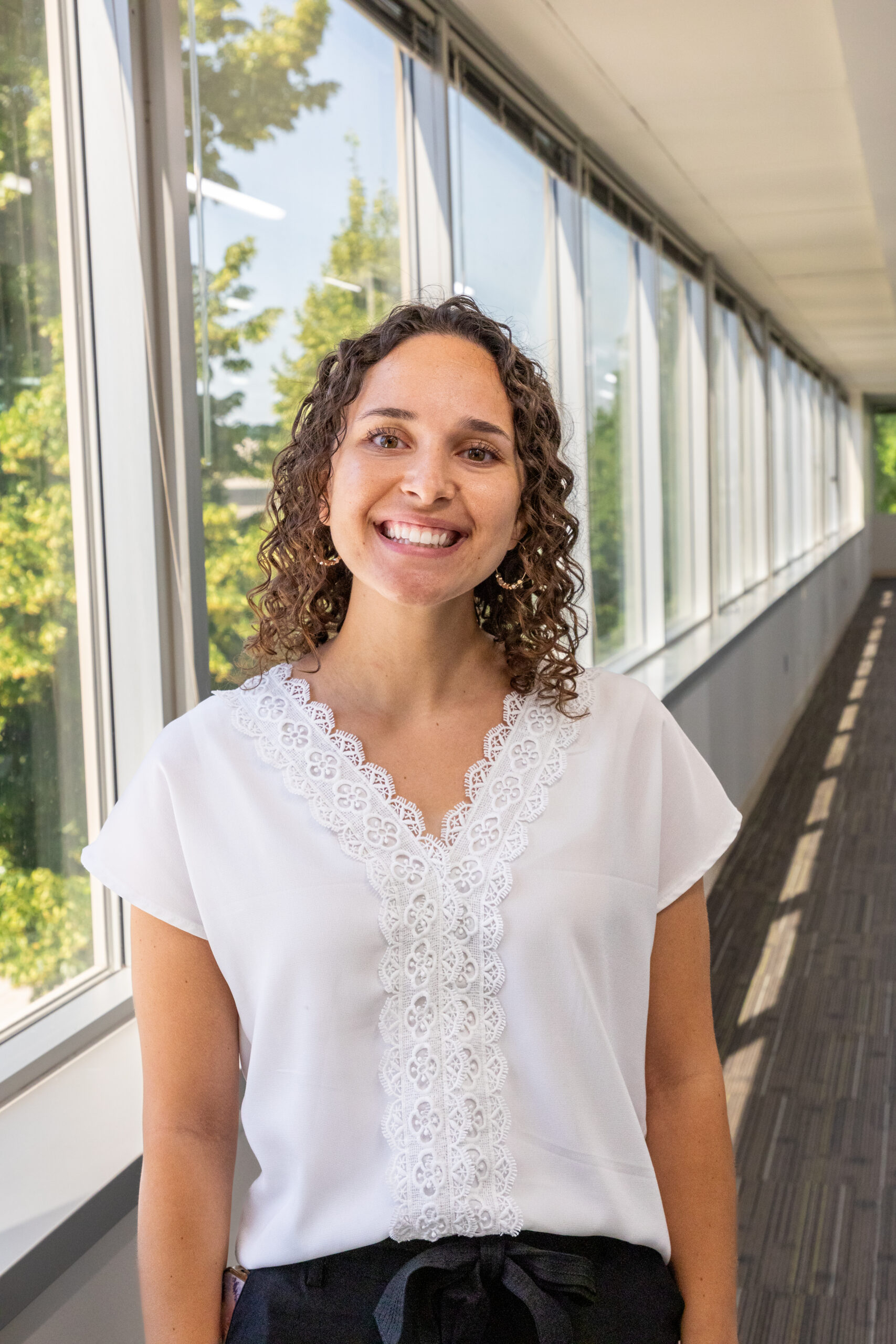
Christina Small, MS
Staff ScientistChristina is the curriculum coordinator for the Research Foundations courses. Much of her work has revolved around dopamine 2 receptor modulation in alcohol use and opiate use disorders, Parkinson’s disease, and other dopamine related disorders. She is currently assisting in Noorda COM’s research on non-pharmacological interventions for addiction and anxiety.
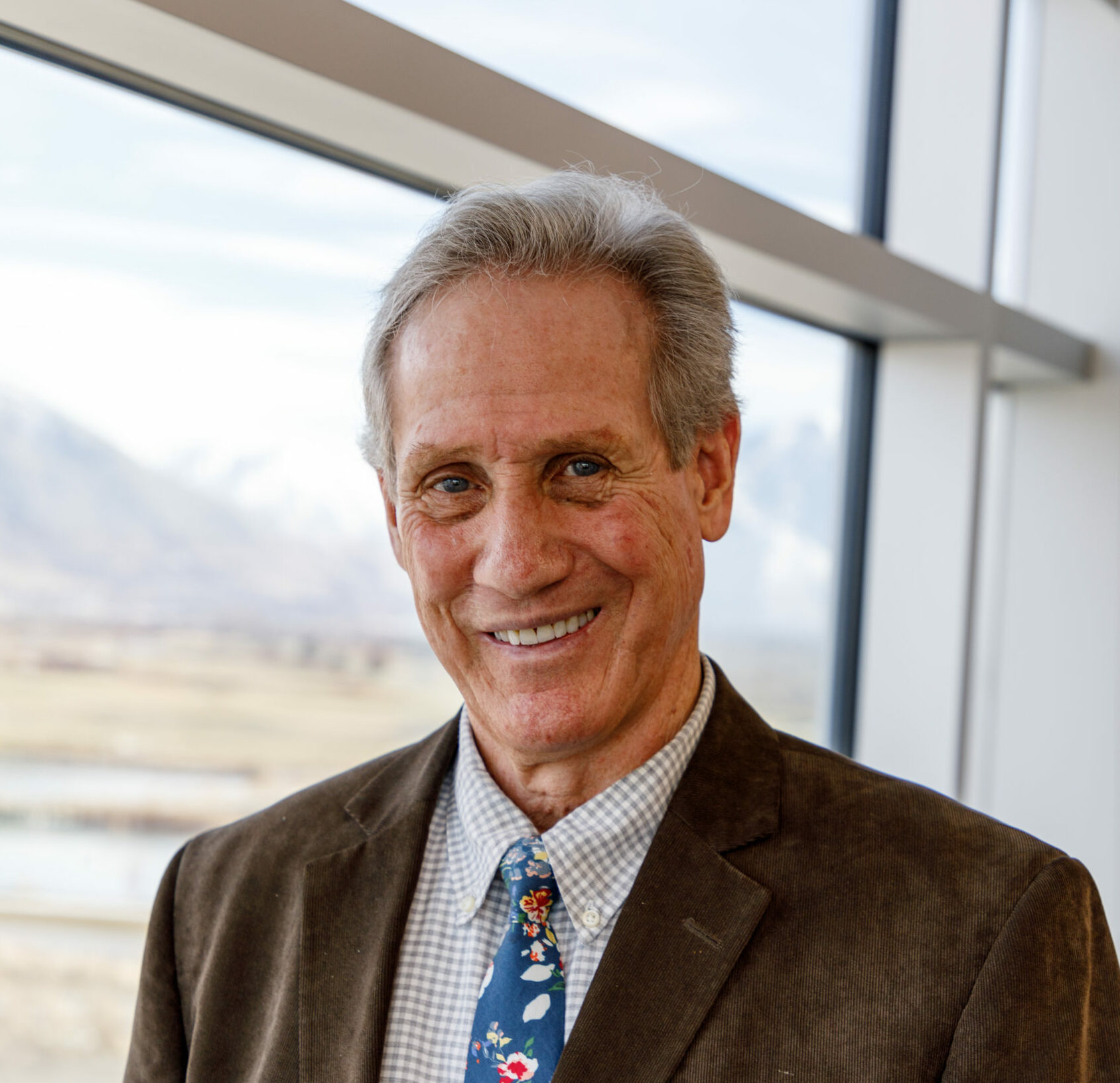
Scott C. Steffensen, PhD
Grant-funded ResearcherDr. Steffensen’s laboratory primarily utilizes electrophysiology (both in vitro and in vivo) to measure and analyze the effects of substances on dopamine (DA) release in the nucleus accumbens (NAc) of the anterior forebrain. Understanding the effects of DA is vital to understanding addiction and also the eventual clinical development of treatment. He is an emeritus Professor of Neuroscience in Research & Biomedical Science at BYU.
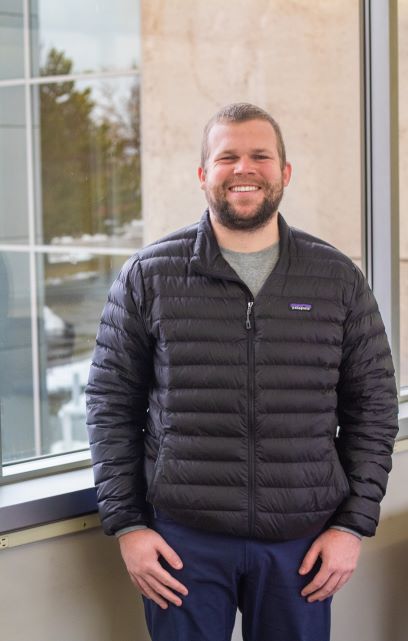
Michael Sullivan
Data Systems Developer/MLEMike’s work has contributed to several projects here at Noorda crucial to research including but not limited to: DERE, Dari Motion Capture, and live stream EEG. His current work focuses on artificial intelligence in medical education and real-time measurement of anxiety.
Current Projects
Our students are engaged in a wide variety of research in the biomedical, clinical, and educational fields. Click here to see all our current projects!
Ph.D., Professor at Department of Biomedical Sciences, Noorda College of Osteopathic Medicine. Adjunct Professor at Roseman University of Health Sciences.
Research Interests:Oxidative stress-induced signal transduction mechanisms, pathophysiology of secondary diabetic complications, carcinogenesis, and inflammatory complications, therapeutic development of small molecular inhibitors and anti-oxidants.
Current Projects:Role of Oxidative Stress in Inflammation and Cancer: Investigating the molecular mechanism(s) by which oxidative stress generated signals regulate inflammatory complications and cancer, specifically focusing on antioxidants and small molecular inhibitors.
Highlighted Publications/Presentations:- McMahan S, Spector T, Ramana KV. "Significance of macrophage-mediated inflammatory response in ocular inflammatory complications." Frontiers in Bioscience-Landmark. 2025 (in press)
- Jalali, A.M.; Mitchell, K.J.; Pompoco, C.; Poludasu, S.; Tran, S.; Ramana, K.V. "Therapeutic Significance of NLRP3 Inflammasome in Cancer: Friend or Foe?" International Journal of Molecular Sciences. 2024.
- Allowitz, K.V.; Taylor, J.; Harames, K.; Yoo, J.; Baloch, O.; Ramana, K.V. "Oxidative stress-mediated lipid peroxidation-derived aldehydes in the pathophysiology of neurodegenerative diseases." Current Neuropharmacology, 2025 (in press)
Board certified, Anatomic and Clinical Pathology; Fellow- College of American Pathologists; Pathology Faculty (2009-21), Past Chair-Department of Basic Biomedical Sciences (2013-21) - Touro College of Osteopathic Medicine- Harlem, NY.
Research Interests:Medical education, Survey design, Women's health, Global health, Pathology research.
Current Projects:Barriers to prenatal care: Survey study and individual literature reviews. Research advisor for Justin Doty, Margaret Freking, Kirpa Batth, My Ha, Aleeza Namit.
Highlighted Publications/Presentations:- Zhou YQ, Chin J, Won KY, Bahri TJ, Lomiguen, C. "The Value of Global Health Experiences Abroad in Developing Cultural Sensitivity in Undergraduate Medical Education." Integrative Journal of Global Health. 2020.
- Chin, J., O'Toole, P., Lin, J., Lavalliere, J., Huang, G., Asghar, M., Milam, A., Amine, N., Sahni, S., Terrell, M.A., Junsanto-Bahri, T., Lomiguen, C. "Addressing auditory health with a medical student-run screening program in an urban, underserved minority population." Scholar: Pilot and validation studies. 2020.
- Binstock J, Junsanto-Bahri T. "Student- and faculty-reported importance of science prerequisites for osteopathic medical school." J Am Osteopath Assoc. 2014.
Ph.D., Neuroscience - Brigham Young University. Currently involved in the N.E.E.R.D. Lab (Neuroscience, Education, Extended Reality Development).
Research Interests:Neurodegenerative Diseases, Extended Reality (AR and VR), Medical Education.
Current Projects:Alzheimer’s Disease: Investigating dietary impacts on Alzheimer's, especially in relation to its high correlation with diabetes and the brain/gut biome axis. Parkinson's Disease: Using virtual reality as a physical therapy intervention for PD patients. Anatomy Academy: A service-learning program to teach elementary students anatomy while helping medical students improve teaching skills.
Highlighted Publications/Presentations:- Steed KS, Holcomb BM, Graneto J, Kadavkollu S. "Pre-professional student perceptions of team-based learning applied in a medical college admission test preparatory course." Springer Nature Social Sciences. 2023.
- Black E, Rasch A, Wimmer T, Li A, Araujo A, Cieslak S, Steed KS, Adhikari RD, Wisco JJ, Hutchinson BA. "The effects of age, genotype and diet on hippocampal subfield iron dysregulation and Alzheimer's disease biomarkers in an ApoE mouse model." Eur J Neurosci. 2023.
- Cook, D.P., Steed, K., Read, C., Baysarowich, R., Redway, T., Robineau-Charette, P., & Carnegie, J. "Science Outreach: Six Examples of Programs that Enrich the Learning Environments of Students and Educators." Journal of Human Anatomy and Physiology Society, Special Conference Edition. 2020.
FAQs
Want to know more about our internal assignments, symposiums, and case study day? Interested in CITI training or the mentorship process? Looking for information about lab experience and expectations? View our Student Research Handbook to learn more about research at Noorda-COM.
Institutional Review Board
Noorda-COM has an Institutional Review Board (IRB) to review and approve applications for research projects involving human subjects. Learn more about Noorda-COM’s IRB and its submission guidelines here.


